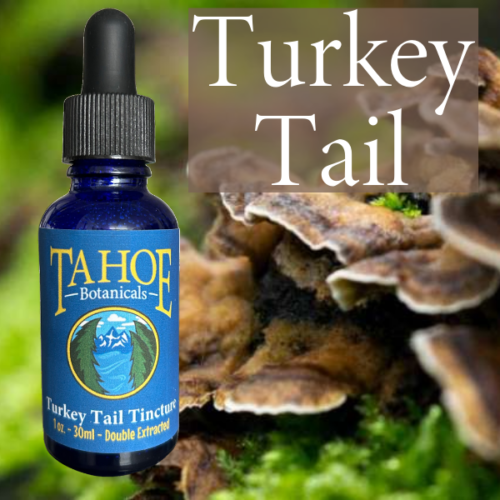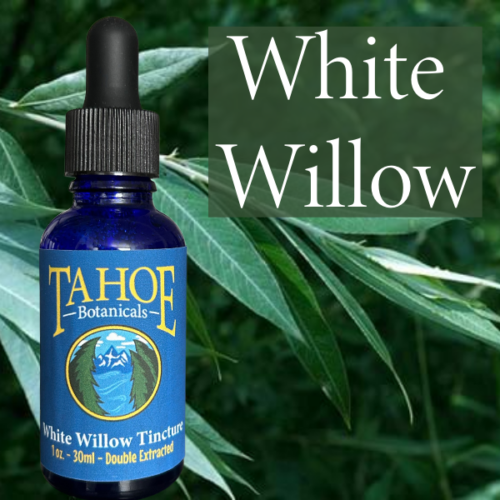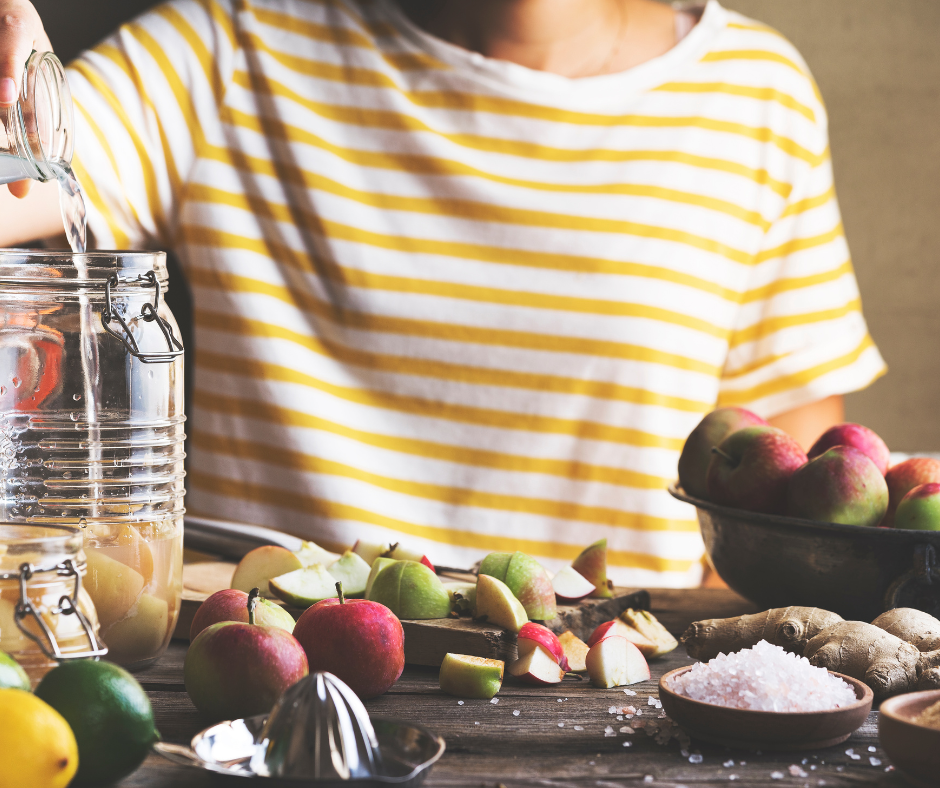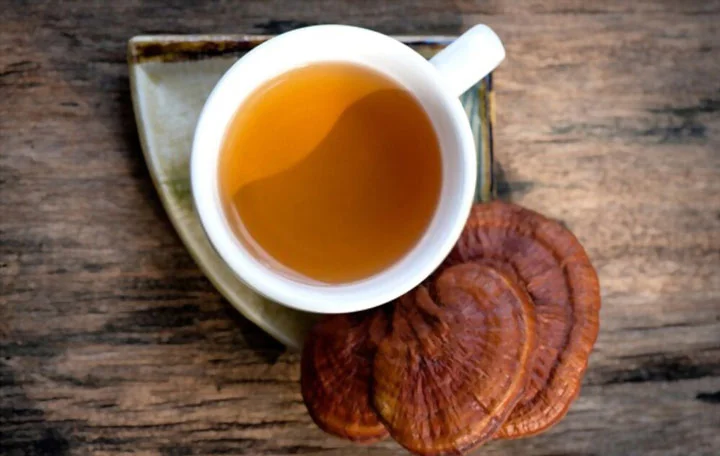Foraging for Wild Edibles: How to Sustainably and Respectfully Nurture a Harmonious Connection with Nature
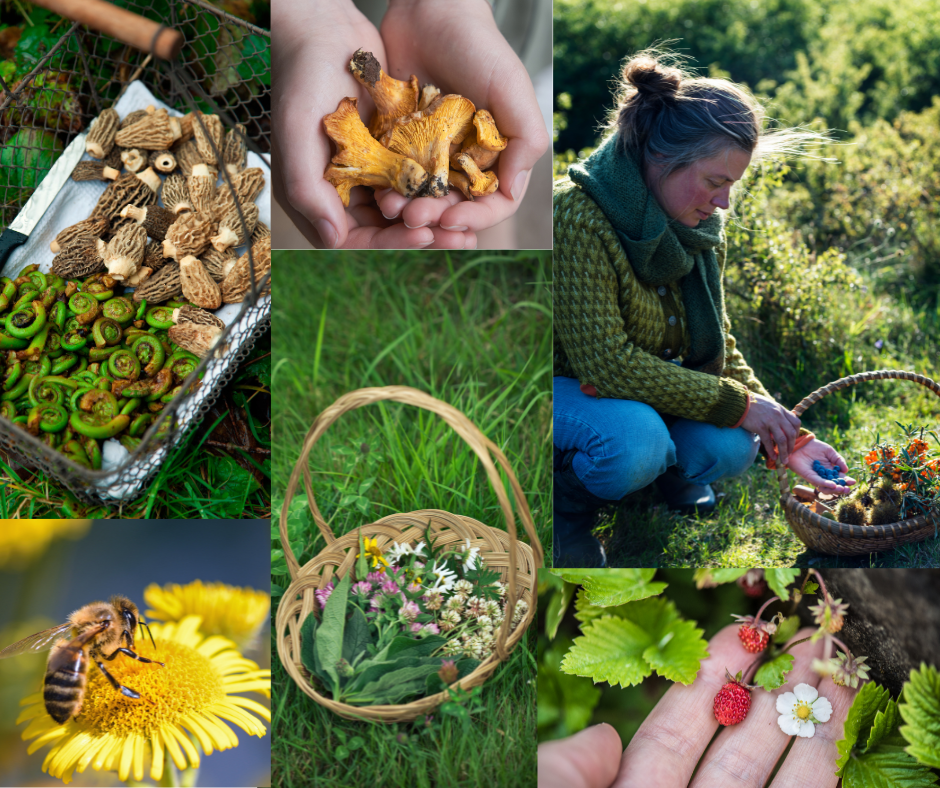
Foraging for wild herbs in nature is a beautiful way to connect with the natural world and embrace the bountiful offerings it provides, and there is no better time for doing this than the peak of Summer! However, it is crucial to approach foraging with a mindset of responsibility and ethics in order to ensure the sustainability and preservation of these valuable helpful and healing gifts from our Creator.
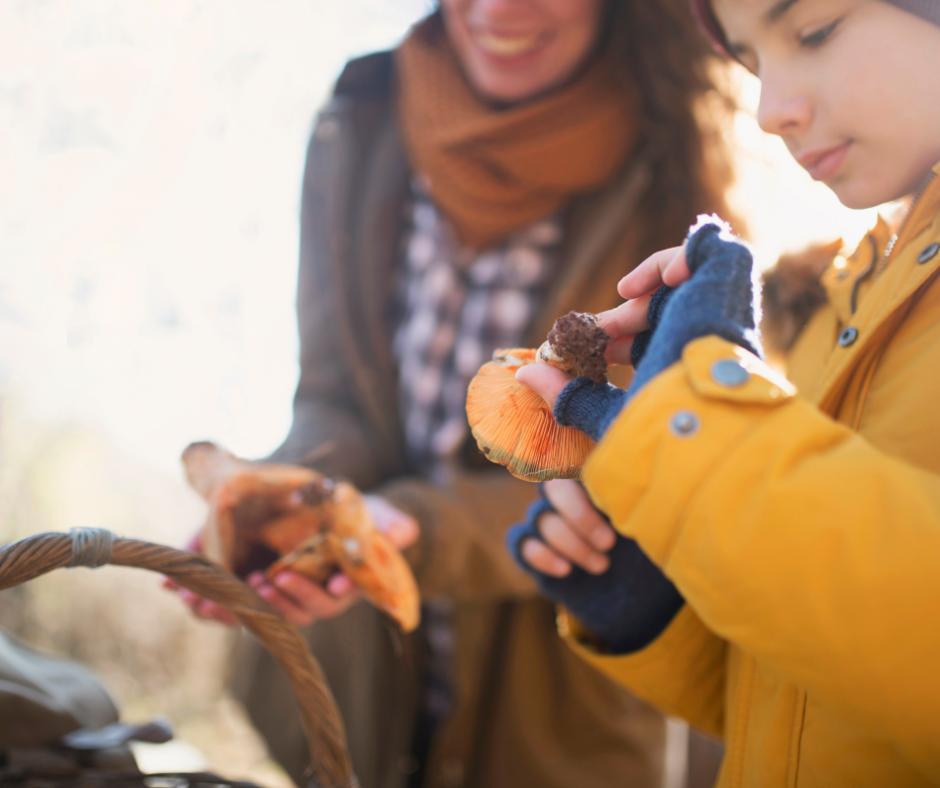
Here we will explore key principles and practices for responsible and ethical foraging, allowing us to honor nature’s gifts while fostering a harmonious relationship with the environment. These are the principles I follow when foraging for the herbs I use to make tinctures and other goodies. I hope you find my offering here helpful in your foraging adventures! Please share your thoughts in the comments below.
- Respect and Learn: Before venturing into the wilderness, take the time to educate yourself about local plant species, their habitats, and their growth cycles. Respect the ecosystems you explore, and be mindful of the delicate balance of nature. Familiarize yourself with the laws and regulations regarding foraging in your area to ensure compliance. Check this article out for some helpful information about foraging on public land.
- Sustainable Harvesting: Foraging ethically means gathering herbs in a manner that allows them to replenish and thrive. Avoid over-harvesting or depleting entire populations of wild herbs. Instead, practice selective harvesting, taking only what you need while leaving enough for the plants to regenerate. Be mindful of endangered or protected species; refrain from harvesting them altogether. I love this article about safe and sustainable foraging.
- Proper Identification: Accurate plant identification is crucial to ensure your safety and the protection of the environment. Invest time in studying plant identification guides, attending workshops, or seeking guidance from experienced foragers or botanists. Mistakenly harvesting the wrong plant can have serious consequences for your health and the ecological balance. Grab a foraging handbook like one of my favorites: The Forager’s Harvest: A Guide to Identifying, Harvesting, and Preparing Edible Wild Plants by Samuel Thayer.
- Leave No Trace: When foraging, adopt the “leave no trace” principle. If you are foraging in a National Park, this is the law, so it’s good to know what they mean by “leave no trace.” Always minimize your impact on nature by practicing proper waste management, and leaving the foraging area and all areas you visit in the wild as you found it. Avoid damaging habitats, disturbing wildlife, or causing unnecessary harm to plants and trees. Remember, foraging is an act of symbiosis, where we give back to nature as we gather its gifts.
- Gratitude and Reciprocity: Cultivate a mindset of gratitude and reciprocity towards nature. Express gratitude for the resources you harvest and acknowledge the interconnectedness of all living beings. Consider giving back by participating in conservation efforts, supporting local ecosystems, or engaging in habitat restoration projects.
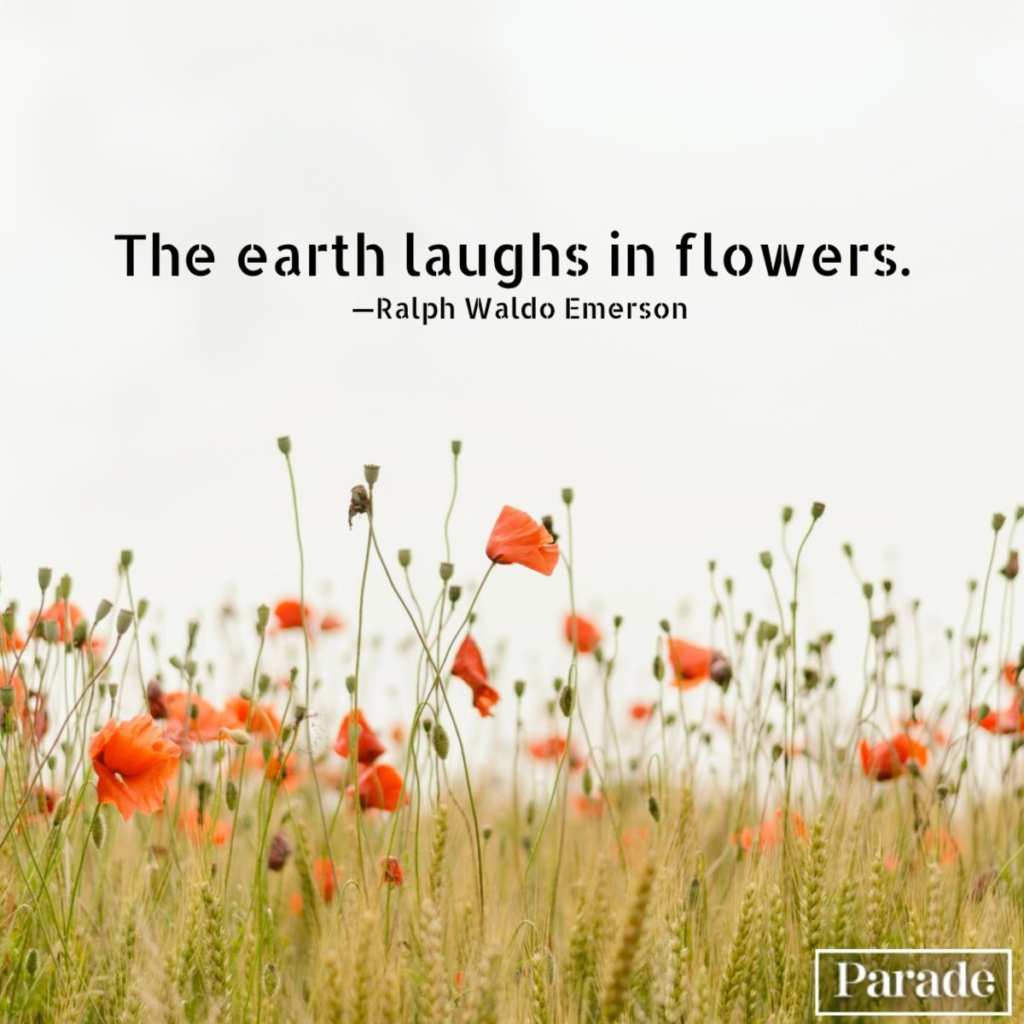
Responsible and ethical foraging allows us to forge a deeper connection with nature while preserving its delicate balance and ecosystem health. By respecting our natural world, practicing sustainable harvesting, accurate identification, leaving no trace, and expressing gratitude, we can embark on a journey of coexistence and appreciation for the abundant herbal gifts that nature provides. Let us tread lightly, humbly gather what we need, and nurture a beautiful relationship with the Earth, that through God’s endless grace, sustains us all.
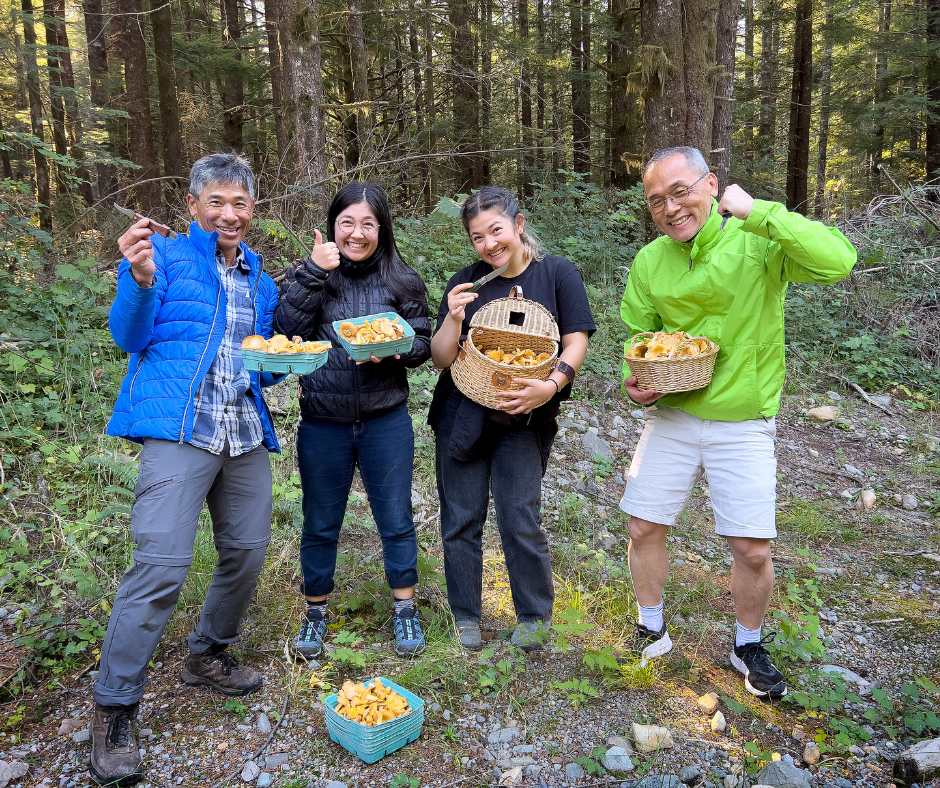
-
Turkey Tail Tincture 1 oz
$15.00 -
White Willow Bark Tincture 1 oz
$15.00
